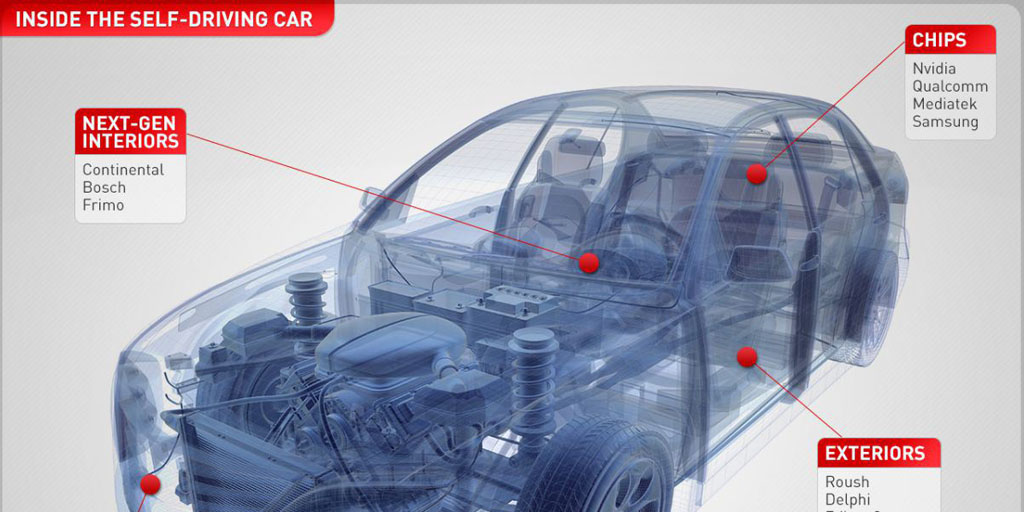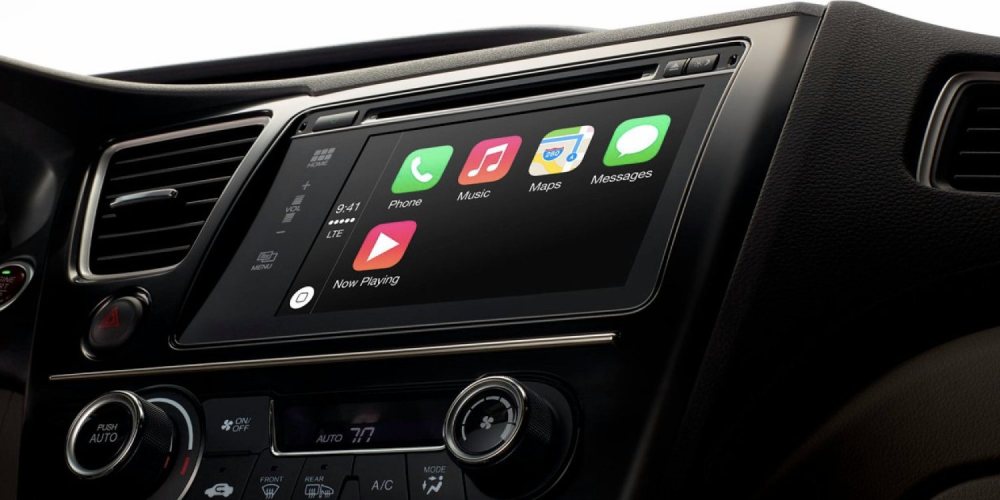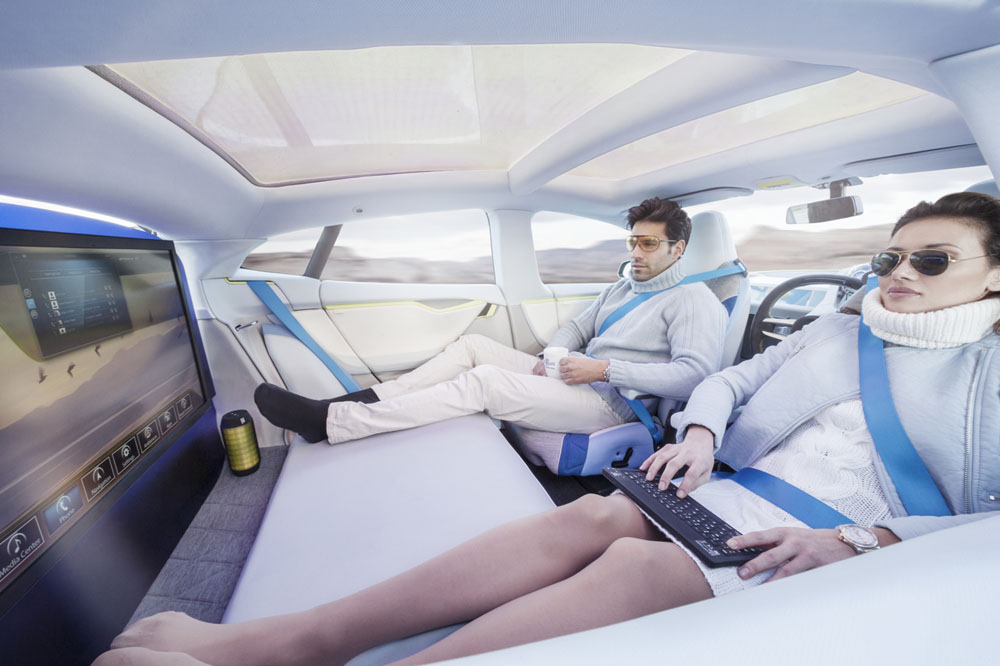[youtube=https://www.youtube.com/watch?v=Wdnp_7atZ0M&start=1500]
In a ‘fireside chat’ with leading venture capitalist Vinod Khosla, Google co-founders Larry Page and Sergey Brin discuss everything from the moment they nearly sold the company to why they are cautious about moving into health technology. One interesting angle for Apple fans was how the two contrasted their approach to that of Apple.
Brin, who runs Google X, said that the experimental wing of the company was about making a number of bets and hoping that some of them paid off.
From my perspective – running Google X – that’s my job, is to invest in a number of opportunities, each one of which may be a big bet. […]
If you look at the self-driving cars, for example, I hope that that could really transform transportation around the world [but] it’s got many technical and policy risks. But if you are willing to make a number of bets like that, you’ve got to hope that some of them will pay off.
Page contrasted this approach with Apple, which focuses on a very small number of products.
I would always have this debate, actually, with Steve Jobs. He’d be like, ‘You guys are doing too much stuff.’ And I’d be like, ‘Yeah that’s true.’ And he was right, in some sense. But I think the answer to that – which I only came to recently, as we were talking about this stuff – is that if you’re doing things that are highly interrelated […] at some point, they have to get integrated.
Another difference between the two companies, say Page and Brin, is in their view of technology in the health sector. Apple’s long-awaited iWatch is of course believed to be equipped with multiple health and fitness sensors, and the Health app is a key feature of iOS 8. Google says that while it does have some health-related ambitions – such as glucose-reading contact lenses – it views the field with considerable caution.
Generally, health is just so heavily regulated. It’s just a painful business to be in. It’s just not necessarily how I want to spend my time. Even though we do have some health projects, and we’ll be doing that to a certain extent. But I think the regulatory burden in the U.S. is so high that think it would dissuade a lot of entrepreneurs.
You can watch the complete interview in the video above.





